Once a brand feature, Virgin Australia begins reducing domestic sports alliances
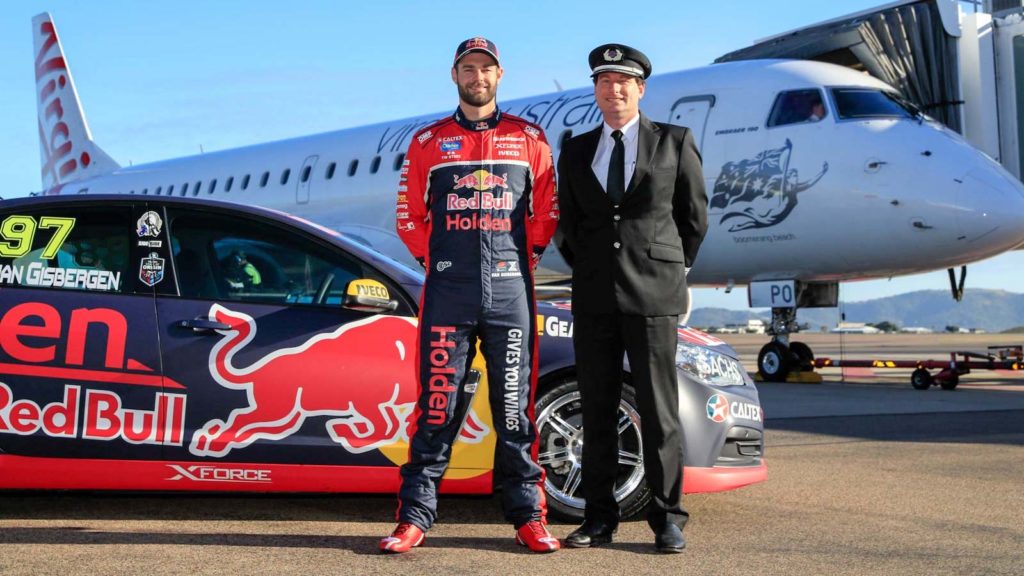
What we'll be covering
This article originally appeared on AirlineGeeks.
While the original goal was to create a large brand image, Virgin Australia’s 2020 might have caused the airline to give up most of its ground on capturing sports fans in its home country. The airline had spent most of the mid-2010s pursuing majority sponsor agreements across the Australian Football League (AFL) and Supercars Championship as it pushed itself to rival flag carrier Qantas. Alongside the leagues itself, the airline has had sponsorship agreements with teams in the AFL, including the Greater Western Sydney Giants, Carlton Football Club and Gold Coast Suns in a fever of multi-year deals to draw in the sports crowd.
Virgin Australia has already seen its title sponsorship with the Supercars Championship dissolve as the deal was due to expire at the end of 2020 anyway. The carrier had paid $1.45 million per year since 2016 to be the title sponsor of the currently named Virgin Australia Supercars Championship. In the deal, the airline had created racing-themed travel packages for fans using Virgin Australia flights as well as sending flight crews and aircraft for trophy presentations, pre-race flyovers and race team flights to races across the country.
The deal was originally hailed as Supercars making a lucrative deal with “one of Australia’s most recognizable and premium brands” as the racing league was making moves to expand its presence both inside and outside of Oceania. Then Supercars CEO James Warburton praised the deal for Virgin saying, “Supercars generate $250 million in economic and tourism benefits to the cities and regions we visit in every state and territory and Virgin Australia will play a vital role in continuing to drive this growth.”
However, the growth of the racing league has not benefitted the airline as much as it has the racing league. TV viewership and investment in the sport has risen as new faces such as Scott McLaughlin and Shane Van Gisbergen have given seven-time champion Jamie Whincup competition and rekindled the Ford versus Holden rivalry that dominates the racing scene.
Unfortunately, the racing league walked away from international racing around the time of the Virgin deal, seeing some of Virgin’s potential to increase international traffic in the deal disappear as races in Kuala Lumpur, Abu Dhabi and Austin all saw poor turnout or failure on the organizer to properly structure the event. As the races were part of Supercars’ most expensive yearly costs, the series decided to focus on just Australia and New Zealand, where most of the racing talent and fans were located but came as a blow to potential Virgin Australia revenue.
In the meantime, Virgin will accept a new role as “Official Airline of Supercars” while the naming right partner title will transfer to Repco, an automotive retail company. Repco had been making massive strides into the Supercars series before the title move, securing sponsorship agreements with defending teams’ champion DJR Team Penske and earlier this year landing the naming rights for Australia’s legendary Bathurst 1000 beginning in 2021. It has not been announced if Virgin Australia will continue to provide flyovers, which was traditionally done around Bathurst using Boeing 737-800 aircraft during pre-race festivities.
Much more lucrative and something that has not been dissolved yet is the deal between Virgin Australia and the Australian Football League. Having been the official carrier since 2011, Virgin has actively made sure to continue the deal with the AFL as a way to attract teams and fans to use the airline. Similar to the Supercars deal, the structure of the agreement between the AFL and Virgin Australia provides flights for teams and package deals for fans to travel to go see games, either home or away matches. While estimated, it is believed that Virgin Australia spends between $5 million and $10 million a year to maintain the sponsorship.
In addition to the league deal, the second-largest Australian carrier has further agreements in place with three teams in the AFL. The carrier’s deals with these teams saw millions of dollars dumped into these teams to land “Official Airline” brand linkages and further evolve the sponsorship deals on top of the leaguewide agreement. Teams stood by the embattled carrier, with most teams releasing a statement in April of support as the airline neared voluntary administration.
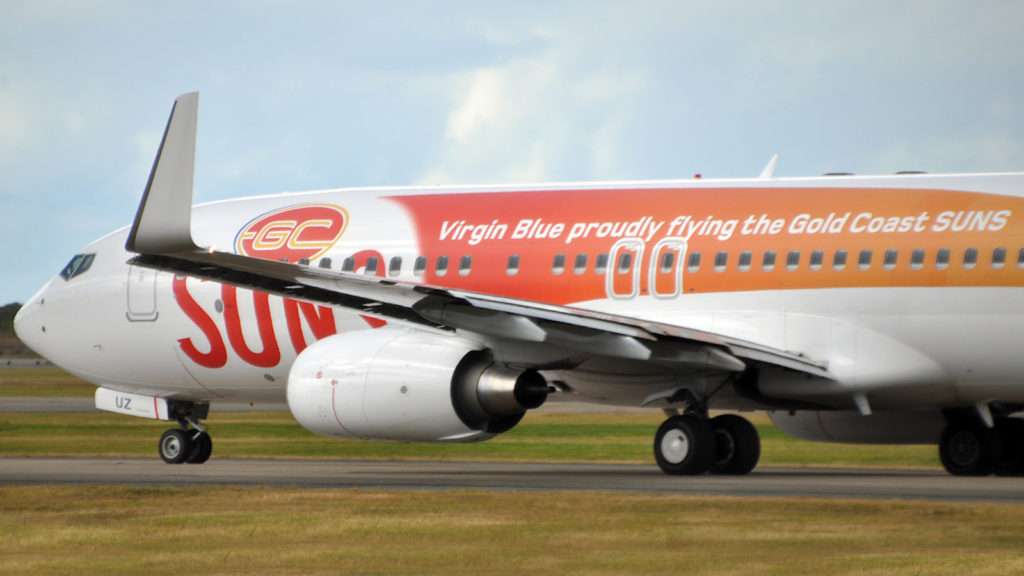
In its statement, Charlton revealed how it could lose in the process, as CEO Cain Liddle said, “In 2019 alone, our Carlton IN Business network delivered more than $5 million of business to Virgin Australia. Like our club, Virgin Australia will likely look quite different post-COVID-19, but whilst they continue to fly Australian skies, they will always have the unequivocal support of our club.”
All three teams have deals with Virgin Australia that have seen the airline be a major sponsor for more than five years. Virgin’s longest-lasting deal is with the Gold Coast Suns, which launched in 2011 alongside a special livery 737. Western Sydney would follow suit in 2013, and Charlton would join the list of teams in alliance with the carrier in 2015.
Virgin Australia will continue to review its list of sponsors and deals over the next few months as it also must find a way to overcome a series of poor financial years that led to the carrier to fall into roughly $5 billion worth of debt before coronavirus added to the airline’s woes. The carrier vows to reduce unnecessary spending as rein in expenses that caused poor financial results, some of which include reducing the investment in athletic sponsorships.
For competitor Qantas, investment in sports is mostly tied to government-backed national teams. The flag carrier of the island nation is the official airline of Rugby Australia’s Wallabies, Football Federation of Australia’s Caltex Socceroos and Westfield Matildas, Cricket Australia and the Australian Olympic Committee, which extends to the Olympic and Paralympic teams. On top of that, Qantas has “Official Airline” status for the Hyundai A-League, Westfield W-League, and KFC Big Bash League. As of writing, none of these deals have changed as Qantas also battles the financial difficulties caused by COVID-19.
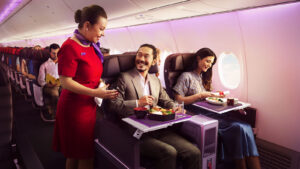
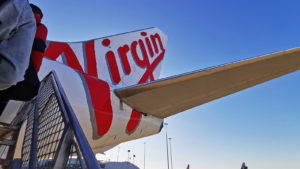
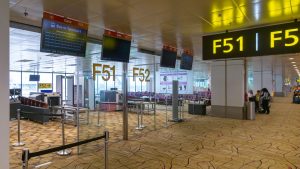
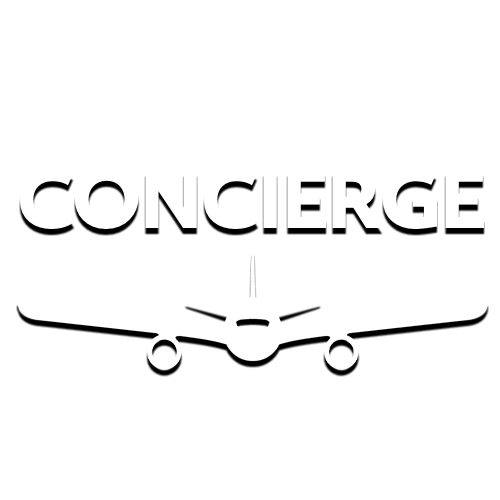

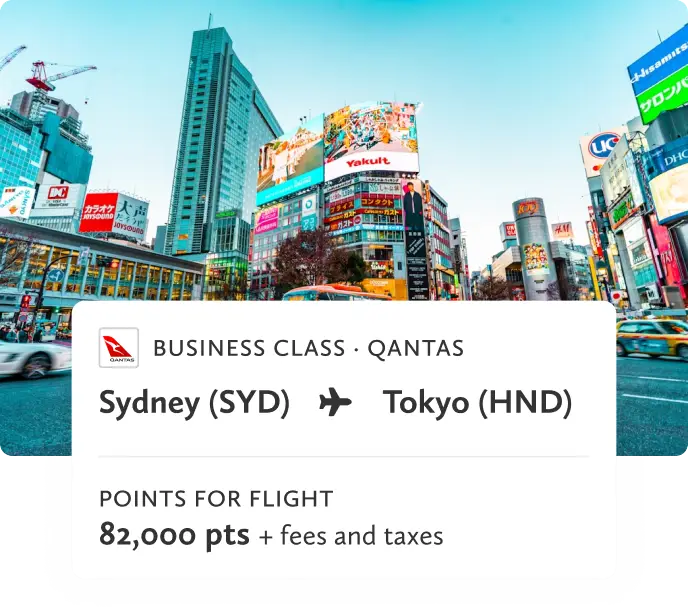
https://www.theguardian.com/sport/2020/sep/23/qantas-ends-30-year-sponsorship-deal-in-huge-blow-for-rugby-australia?CMP=twt_gu